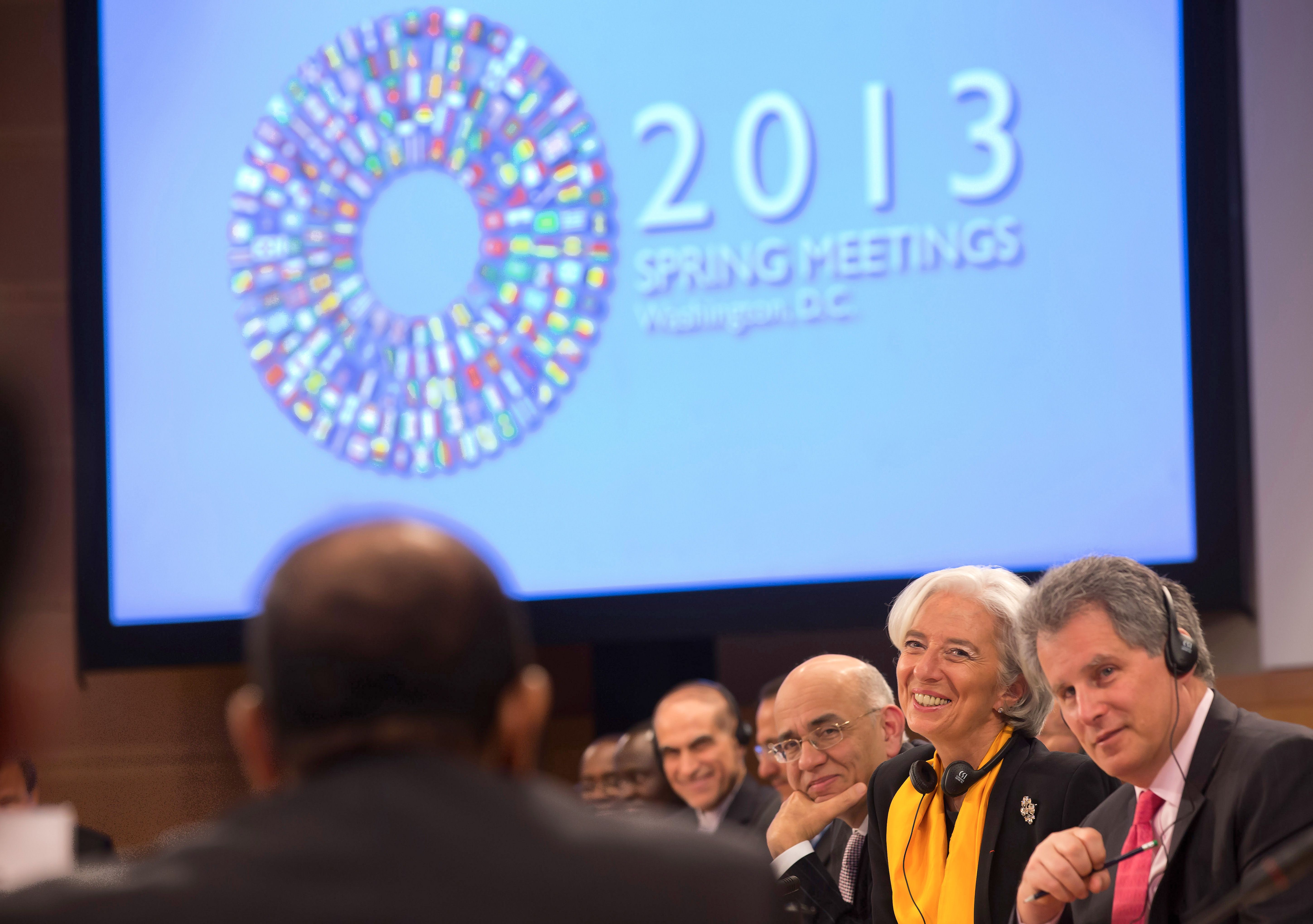From the challenges facing the Egyptian economy, to Egypt’s most prominent investment and economic opportunities, to attracting local, regional, and global investment, Egyptian business leaders on Monday tackled an array of questions during a panel discussion at the Forbes Egypt 100 event in Cairo.
Panelists included Ahmed Elsewedy, president and CEO of Elsewedy Electric, Ayman Ismail, co-founder, chairperson, and CEO of DMG for real estate, Ahmed El-Beheiry, CEO of Telecom Egypt, Hossam Saleh, COO of Egyptian Media Holding, and Omar El-Maghawry, CEO of FEP Capital. It was moderated by Saad Zaghloul, chairperson and chief editor of Daily News Egypt.
Exports are integral for economic growth. Prior to the flotation of the Egyptian Pound, the Egyptian industry sector was devastated, but now it has the opportunity to succeed, as it became very competitive in terms of prices and geographic location, said Elsewedy in reply to a question about the effect of reforms on exports and industry. He added that sustainable development and the creation of job opportunities are the best solutions for terrorism.
Furthermore, in regard to the danger of a real estate bubble, Ismail said that the Egyptian real estate sector was the sector that provided the most support to the economy, that the sector was successful in overcoming various challenges, and that Egypt’s real economic growth is to be fuelled by an increase in urban development. He explained that a real estate bubble is not plausible in Egypt’s case, since the only segment that has reached supply-demand equilibrium is the class A socio-economic segment, while for the rest of the segments, demand greatly exceeds supply at the moment.
However, the real challenge is not the demand, but the decrease witnessed in purchasing power as a result of soaring inflation. Innovation is the only possible solution to this problem, finding new ways to reduce costs, and developing the real estate sector, is the way ahead, Ismail added.
On the other hand, El-Beheiry emphasised the importance of technology in supporting investments and business reforms, and investing in the new technological infrastructure needed for cloud computing and the internet of the things (IOT), as they are important business opportunities for Egyptian tech and telecom companies.
“The Egyptian telecom market is full of positive surprises. Whenever a new operator enters the market, it grows further; that’s why we decided to enter the mobile segment,” said El-Beheiry, adding that Egypt is a young country, as almost 50% of the population is under 25, who are very comfortable with using technology. Telecom operators must morph into data and content producers in the future to cope with the changing tech scene.
To answer a question about the media regulations and their role in promoting investment, Saleh explained that regulating media is an important step in the right direction and that Egyptian media has been running without any form of regulation for a very long time. He added that both traditional and digital media are essential tools in highlighting business opportunities.
“Egyptian Media Holding has successfully integrated 24 companies with a different scope of services, from advertising, film production, print media, to marketing, during one and a half years, in order to establish a complete media services alliance, which can be a successful model for any media alliances to be formed in the future,” Saleh elaborated
Turning Nile Stock Exchange (NILEX) into a stand-alone company and splitting it from the Egyptian Stock Exchange (EGX) is very important for the development of small and medium-sized enterprises (SMEs) in Egypt, since NILEX’s performance in 2017 was very unsatisfactory, as only one company was listed by FEP, and no other companies were listed by anyone else. In the past ten years, a total of only 32 companies were listed, 15 of which were listed by FEP, El-Maghawry answered in response to a question about promoting SMEs.

